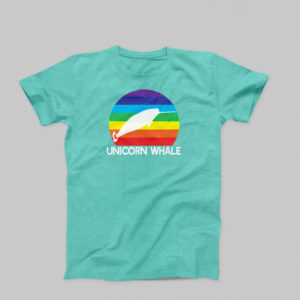The latest expert thinking suggests BPA, even at low levels, can be harmful.
BPA has been labeled a villain by some sources for a long time. While in recent years many studies are animal or test-tube studies, more and more experts agree that the data seem to suggest that BPA exposure in the womb and in childhood may have adverse effects including disruption to developmental, immune and reproductive systems, increased body fat, early puberty and potentially even problems that persist into adulthood.
Unexpected Sources.
We’ve looked for plastic food containers that are BPA-free since our daughter was born, but I was surprised to learn BPA is present in some other common items:
- Thermal paper – the paper used to print most receipts
- Cans – the liner in cans that are used for canned fruits, vegetables, soups, etc. may contain BPA
- Polycarbonate plastic – plastic containers marked with the number 7 recycling symbol are likely to contain BPA
- Dental materials – some dental sealants and resin composites contain trace amounts of BPA
What you can do to reduce BPA exposure for yourself and your kids.
- Use glass, stainless steel, or aluminum food containers instead of polycarbonate containers, and buy foods that are not packaged in polycarbonate
- If you must use polycarbonate containers and aren’t sure if they contain BPA, do not put hot food or beverages in them, do not microwave them, and do not put them in the dishwasher
- Limit intake of canned foods and beverages, opting instead for fresh or frozen food or food sold in glass jars. However, if canned foods are your child’s only source of a healthy food such as fish, beans, or vegetables, getting these from cans is better than not at all.
- Don’t take thermal receipts unless you absolutely need them. If you do, put them in an envelope or plastic bag. Putting receipts in a purse or pocket can cause BPA to rub off on other things that you or your child are exposed to. Wash your hands after handling a thermal receipt – do NOT use hand sanitizer as the alcohol after handling receipts as the alcohol can actually increase absorption of BPA
- Some BPA alternatives may be just as bad as BPA! While the science is inconclusive so far, alternatives to BPA such as BPS may be just as bad. Switch to safer alternatives such as polyethylene or a non-plastic alternative.
Sources and further reading:
Berkeley Wellness Letter, May 2015 [print version]






